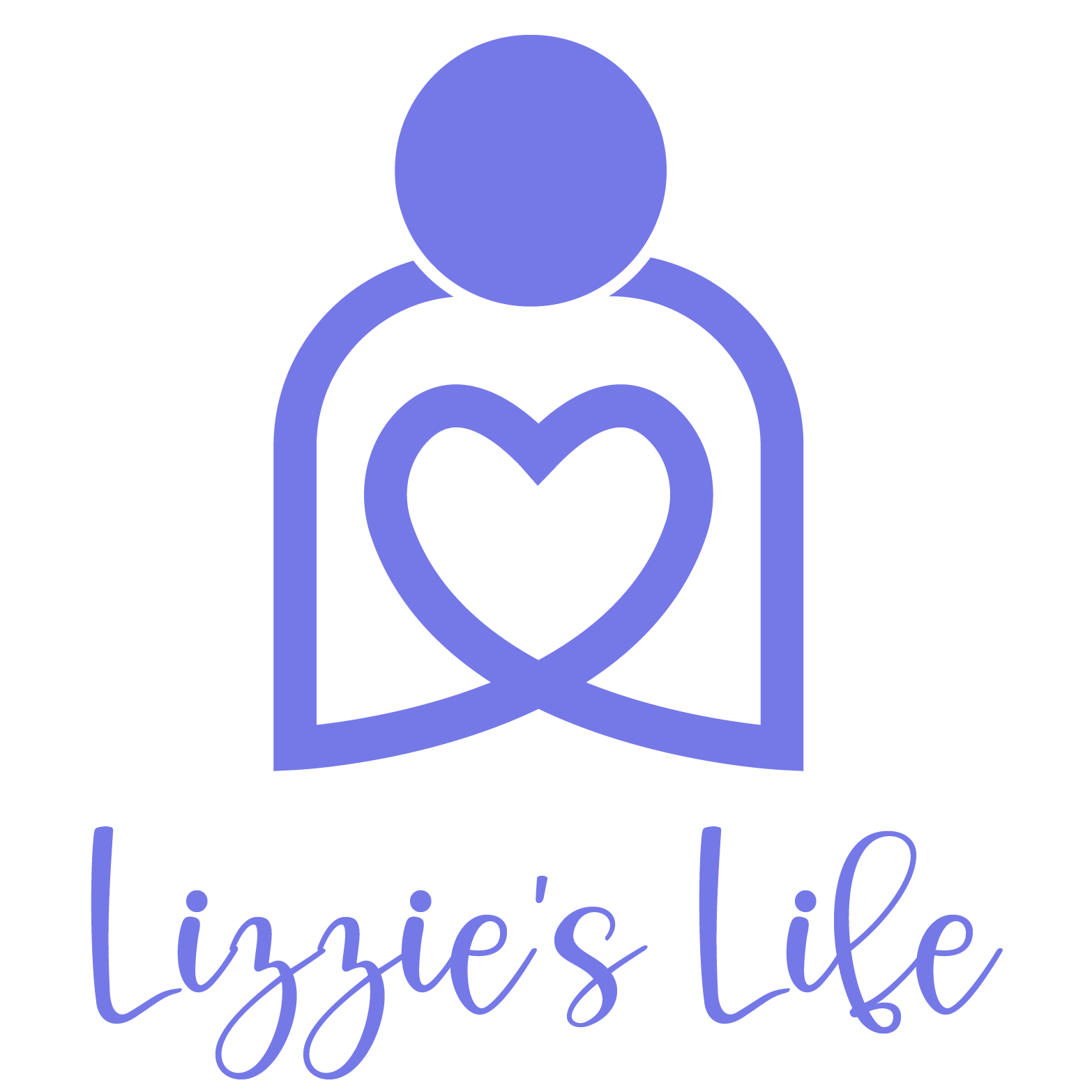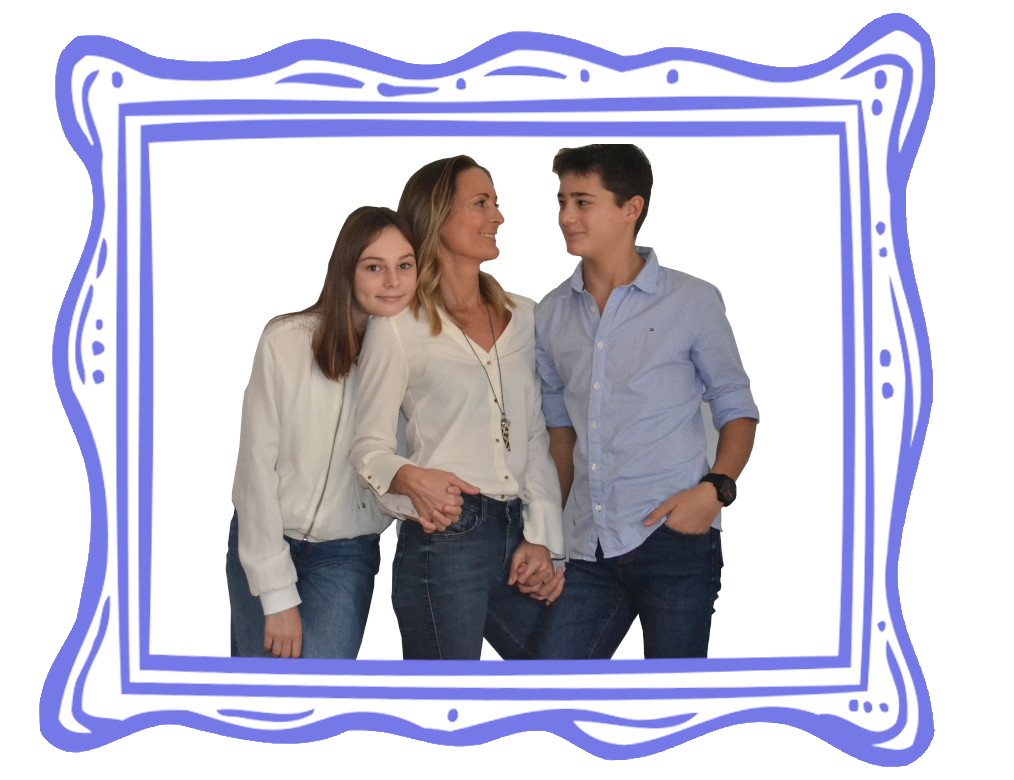In simple terms, Life insurance covers your family or chosen dependents with a lump sum payout when you die. You make monthly payments to the insurer in case anything happens to you during the duration of the policy, known as the ‘term’. If you do pass away during the ‘term’ your insurer will pay a lump sum of money that you agreed on to your family, known as the ‘sum assured’. Your family can then use this lump sum to clear any debts, mortgage, childcare if necessary or day to day expenses.
Types of Life insurance
Single Life Insurance Policy
A single life insurance policy only covers one person although it can be suitable for anyone. You name a beneficiary in the policy, and they receive payment from your insurer when you die. You can name a different beneficiary for the policy pay-out by writing your policy into trust. Your beneficiary might be your partner, but they can also be a child, another family member or any named person that you choose.
Joint Life insurance Policy
Both people in a relationship are covered by the same policy. This can sometimes be more economical than buying two separate single policies. A joint life insurance policy covers both people’s financial contributions to the family. This type of policy only pays out once, so the sum assured must be enough to cover at least the total outstanding mortgage amount. You can choose to add any additional cover to be used for bills, expenses plus any extra money you want for your family. If one of you passes away during the term, the sum assured is paid to the other. If both of you pass away at the same time, the money is usually added to your estate, unless you’ve written the policy in trust. The lump sum will then be paid to your chosen beneficiaries straight from the provider – avoiding lawyers and probate.
There are three main types of policy. Two have fixed terms, usually for a period of time, while the other is indefinite:
-
Level Term Insurance
- The total sum insured is the same amount no matter when you pass away during the policy, provided it is still active.
-
Decreasing-term Insurance
- The pay-out decreases as the policy term goes on. This type of policy is designed to cover long-term financial commitments like mortgages, because as time goes on, your dependants will have less to pay off if you die.
-
Whole of life Insurance
- Also known as ‘life assurance’, this type of policy covers your whole life and is guaranteed to pay out when you die. Whole-of life insurance is more expensive than the other two types because there will always be a pay-out at the end.
How much do I pay for Life Insurance?
Often Life Insurance is more affordable than we expect, although the price can vary between individuals. You monthly premium will depend on personal circumstances and your health and lifestyle can affect your monthly premium. Here are some of the factors that need to taken into account:
Your Personal Details:
This can include your age, your current health, any past health conditions plus your family health history. Your lifestyle can also affect the cost, an unhealthy lifestyle can increase your premiums, including smoking. Dangerous hobbies or jobs that place you at risk can also affect your monthly premiums.
Buying the right cover:
Life insurance with a longer term can be more expensive than those with a shorter term. The sum amount that you chose can also affect the monthly premium. It is your decision on the amount you can afford and the amount you want to be covered for, but generally the higher the amount and the longer the term, the higher the premiums will be.
It is also important to choose the right provider. Your cover and monthly premiums may vary between each insurer so make sure you do some research. Click here for an overview of The Best Life Insurance Providers of 2021.
It is important to speak with a professional and you should always answer your health and lifestyle questions truthfully to ensure the cost is right and the insurer is able to pay out.
When does Life Insurance pay out?
Life insurance pays out if the person insured dies before the policy ends. Your lump sum assured is often paid out by the insurer within 30 days of the death of the insured, the process being easier if the policy is placed into trust. However, each claim and each insurer are different and there may be certain regulation that extend the processing time. Your insurer may also pay out if you are If you are diagnosed with a terminal illness.
Terminal Illness
With most life insurance policies, terminal illness cover is automatically included. If you are diagnosed with a terminal illness during your policy term, then the full sum can be claimed. A terminal illness is defined by insurers as a disease with no known cure, or one that has progressed to a point where your medical consultant expects this to lead to death within 12 months. This can help you financially through this challenging time.
What if I don’t die – will my policy pay out?
Life insurance only pays out if you die while the policy is still active. Reason why it may not pay out:
- Your policy has expired
If your life insurance policy expires and you haven’t claimed, it won’t pay out to your family when you pass away. - If you stop paying your premiums
If you don’t keep up with your payments, your cover stops. - If you die as a result of suicide
If you take your own life, your family might not receive a payout.
Do I need Life Insurance?
Would your family suffer financial hardship or be put at risk because of your death? If you die unexpectedly this may leave your family and loved ones with debt, a mortgage to pay, a funeral to cover or simply unable to pay the bills. Life insurance can make sense for many situations. When considering life insurance also keep in mind that the younger and healthier you are the more affordable the monthly payment may be. If you are planning to make changes in your life, it is worth considering your options at a young age to secure your policy.
Need Help?
If you have any questions or want to know more in depth information on certain policy types, we can help. We’re here to answer your questions and make sure you’re fully informed of your choices before you take out your policy. We’ll make sure we get it right together. Book a call and speak to one of us today…
FAQs
Do I really need life insurance?
If you have family, who may struggle to manage financially in the event of your death, you should consider a life insurance policy. If you’re single and have no dependents, it may be something you choose to delay, but the younger and healthier you are the better the monthly cost, so it may be worth considering for your future.
Can I take out life insurance if I have a pre-existing condition?
Most people can find a life insurance policy that suits their needs, but pre-existing medical conditions may make it more difficult to obtain or it may simply just cost you a little more per month. Certain insurers offer cover for medical conditions when others don’t, so it is worth investigating.
If I already have life insurance, can I save money?
Life insurance premiums have been declining in recent years. If you purchased a life insurance policy several years ago, you may find the same level of cover at a better price. We can help to search the market, find you a policy and save you money.
How much life insurance cover do I need?
It depends on your individual circumstances. You may want to think about leaving a lump sum to your dependents or help clear an outstanding mortgage if you die. The amount is down to your needs and affordability.
Will my policy have a cash in value at any time?
Life insurance policies have no cash-in value at any time during the term. If you cease payments or survive the policy term you will not get any money back.
Can I cancel my policy at any time?
Yes, you can. With most insurers you will be offered a 30-day cooling-off period from your policy start date. If you cancel within this time, in most cases, any premiums you’ve paid will be reimbursed. If you decide to cancel the policy after the cooling-off period ends, your premiums won’t be refunded.
Can I get life insurance to help cover my mortgage?
Yes, we recommend that you have a life insurance policy if you have a mortgage. You can either choose a decreasing cover which provides a level of cover that decreases with your repayment mortgage. Or you can choose a level cover which is an amount that stays the same over time. Either policy will provide your family with a lump sum to cover the outstanding mortgage.
Will my payments on my life insurance policy change?
If you choose level or decreasing cover, your monthly payments will stay the same for the entire length of your policy. It is worth noting that if you choose to protect your payments and lump sum from the effects of inflation, then you can add something called ‘Indexation’. Your monthly payments may rise but your sum will also rise so your money won’t’ be worth less in the future.
What's the difference between critical illness and life insurance?
In simple terms, critical illness insurance pays out if you’re diagnosed with a specified critical illness or condition. Life insurance pays out if you die.



